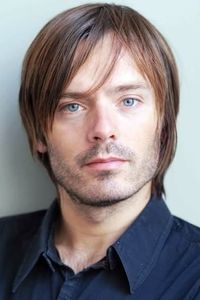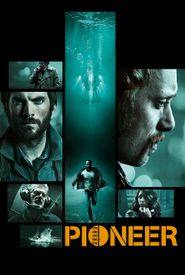JB Dunckel's thoughts turned to life's absolutes during the pandemic, considering the insignificance of humanity in the face of outer space, yet our eternal connection to the cosmos. His third solo album, Carbon, references this elemental relationship, highlighting the importance of carbon in our bodies and lives.
As a former physics student, Dunckel's fascination with scientific concepts is evident in the album's title and cover, which feature geometric shapes. His determination to create a brighter future informs his work, which combines his innate pop sensibilities with a desire to experiment and push boundaries.
Prior to the pandemic, Dunckel collaborated with artist friend Jacques Perconte on live shows, which involved improvising to glitchy digital imagery. This experience gave him new energy and ideas, and he enjoyed the unpredictability of analogue keyboards in a live setting.
During lockdown, Dunckel was able to sequester himself in his studio and produce more tracks than would fit on Carbon, which he is saving for future release. He also experimented with serial music on the track Spark, finding reassurance in mathematical form.
The stability of the Carbon concept and Dunckel's faith in science pushed him to dream about possible utopian futures and how we might escape our current predicament. He believes we must change our way of living to avoid serious trouble, and that Covid is a viral aspect of future crises.
The album's most grounded song, Zombie Park, was inspired by a park in Paris where the authorities rounded up homeless communities. Dunckel's utopian vision of revolution can be spiritual, as seen in the airy, chiming Cristal Mind, which he says was made to channel the moment after yoga or meditation where one feels their spirit clear as crystal.
Sex UFO is a jokier track, featuring a female voice dreamily observing a "Sex UFO, flying over LA" in a way that recalls Jeff Bezos' plans to colonize space. Sometimes, however, Dunckel's vision of utopia is more idiosyncratic, as seen in his fascination with outer space, which reminds him that life is short and everything we do will be forgotten.
Dunckel also entertains the idea that big tech may save us yet, as seen in the triumphalist Corporate Sunset, which considers how big corporations are changing the world and what they propose could be paradise. However, he notes that big tech companies are more powerful than any country and are the new kings, which raises questions about whether they will bring us hell or heaven.
Carbon opens up a space to consider alternative futures, and Dunckel calls his new album a psychological test that reveals the listener's own persuasions. He wants his music to help people escape reality and bring them happiness, saying that it's all about creating waves that bring him joy or reveal how he feels.



























